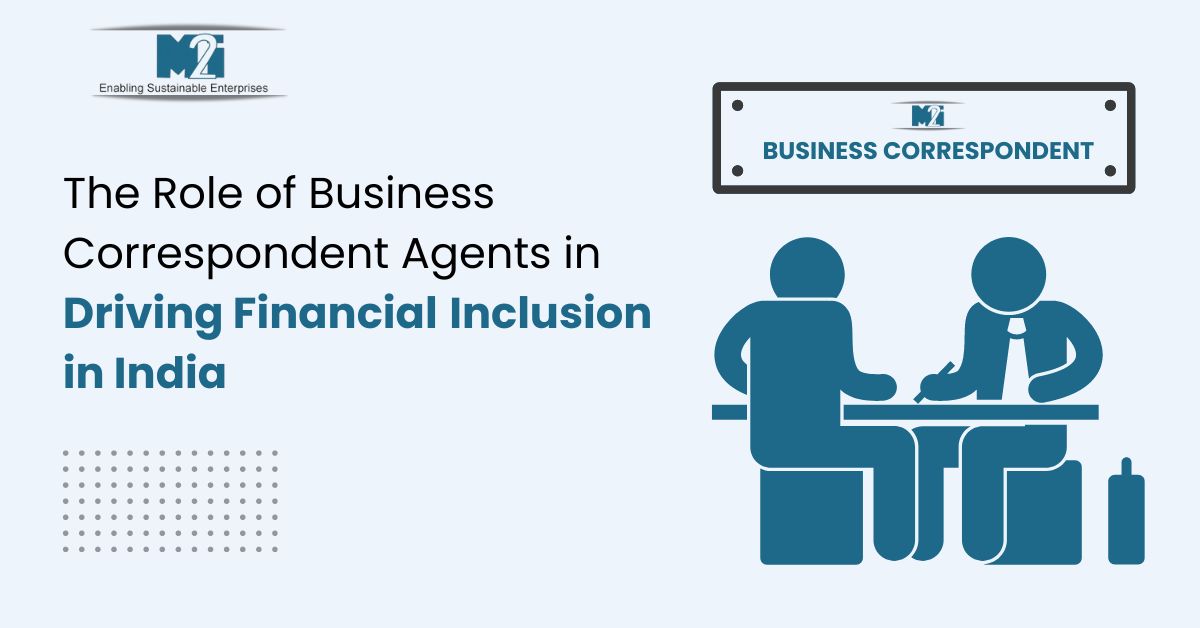
The Role of Business Correspondent Agents in Driving Financial Inclusion in India
Introduction -
Financial inclusion through business correspondents
Financial inclusion through business correspondents is a key objective for developing countries like India, and one of the vital strategies employed to achieve this goal is the utilization of Business Correspondent (BC) agents. These agents play a crucial role in bridging the gap between formal banking services and the unbanked population, thereby facilitating inclusive economic growth and empowering marginalized communities.
Expanding Access to Financial Services
Business Correspondent agents act as intermediaries for financial institutions, enabling them to extend their services to remote and underserved regions where traditional brick-and-mortar bank branches are scarce. They represent banks and other financial entities to offer basic banking facilities such as account opening, deposits, withdrawals, and remittances, among others. By bringing banking services closer to people's doorsteps, BC agents ensure that individuals who were previously excluded from the formal financial system now have access to a wide range of financial services.
Empowering the Unbanked Population
In India, a significant portion of the population, especially those residing in rural areas, still lacks access to formal banking services. Business Correspondent agents address this issue by providing personalized assistance to individuals, educating them about financial products, and helping them navigate through the intricacies of banking procedures. By acting as trusted intermediaries, BC agents build rapport with their clients, fostering financial literacy and encouraging a savings culture among previously unbanked populations. This empowerment leads to increased economic resilience, improved livelihoods, and reduced dependency on informal channels.
Enhancing Digital Financial Inclusion
Business Correspondent agents not only facilitate access to basic banking services but also promote the adoption of digital financial solutions. They assist customers in opening digital savings accounts, issuing debit cards, and educating them about the benefits of digital transactions. Through their localized presence, BC agents encourage individuals to embrace digital platforms, enabling them to access a wider range of financial products and services, including loans, insurance, and government subsidies. This digital transformation not only enhances financial inclusion but also drives the government's vision of a less cash-dependent economy.
Conclusion
Business Correspondent agents have emerged as a pivotal force in promoting financial inclusion in India. Their tireless efforts in reaching the unbanked and marginalized populations, expanding access to financial services, empowering individuals, and driving digital adoption are critical steps toward building an inclusive and resilient economy. Through their continued efforts, BC agents contribute significantly to reducing poverty, fostering economic growth, and creating a more financially inclusive society.